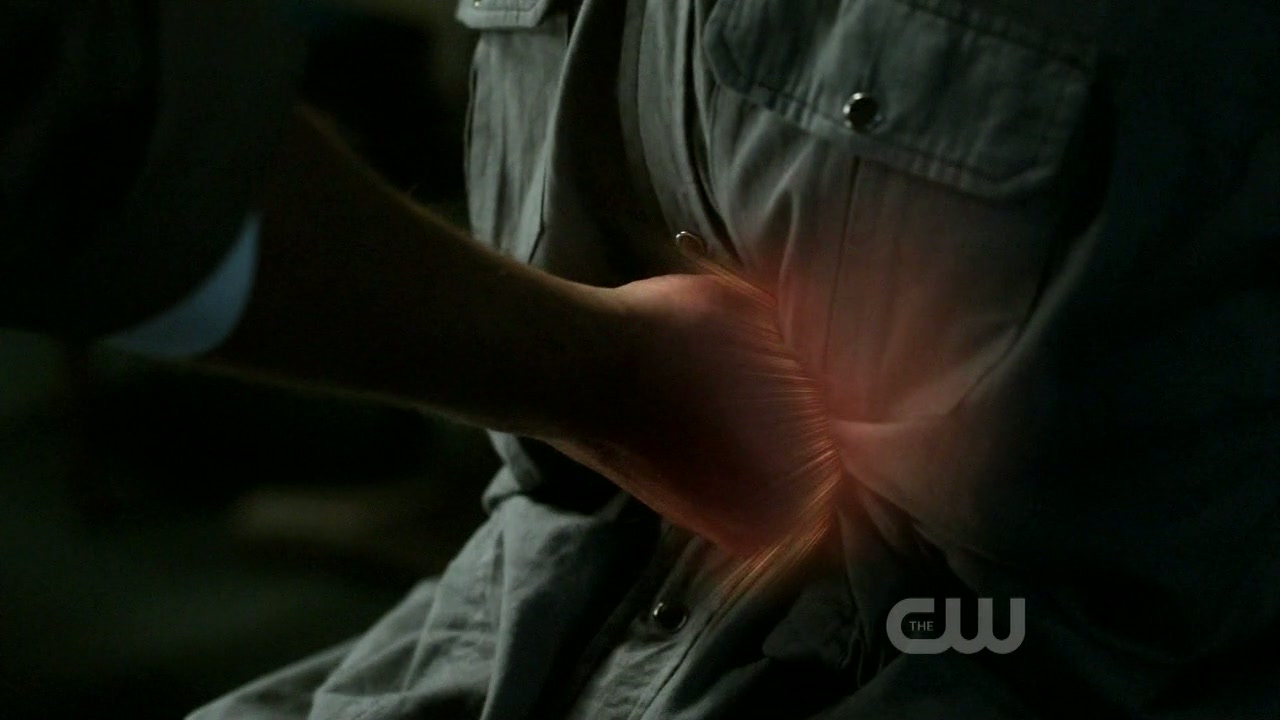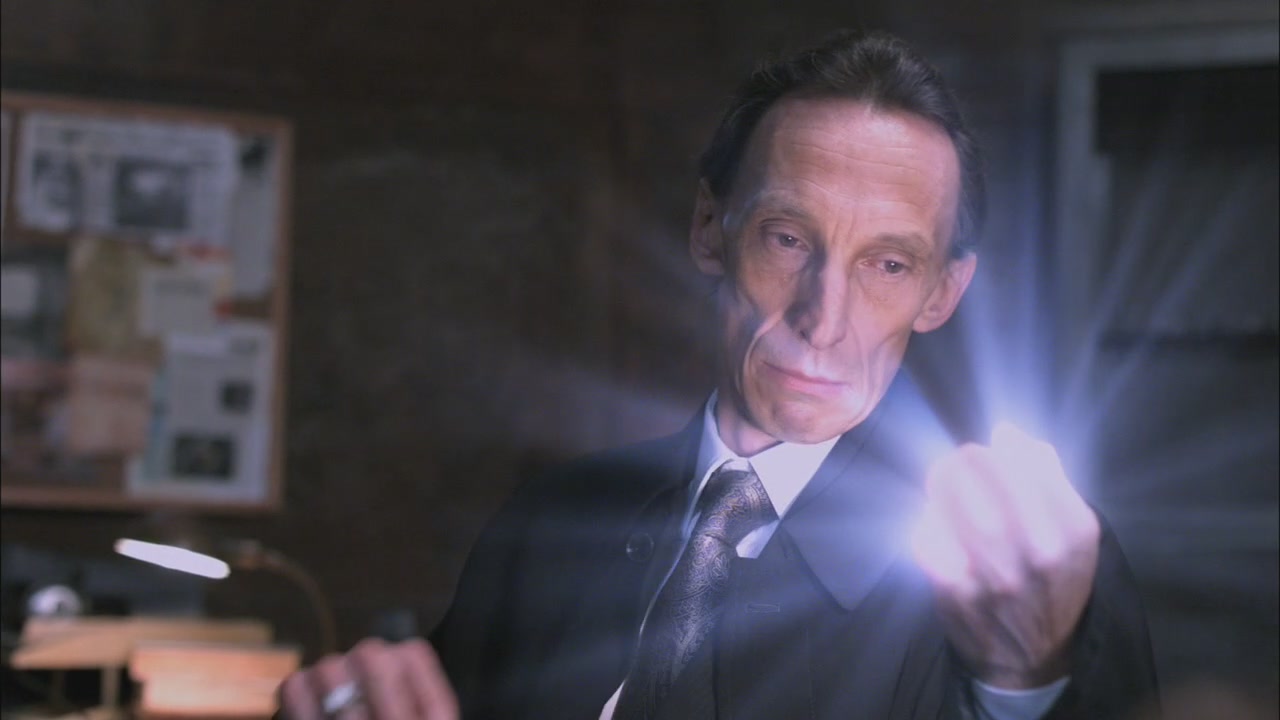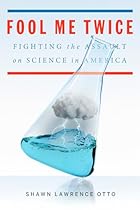Thunderer
Felix Gilman
Spectra
Reviewed by: Terry
4 out of 5 stars
If it hadn’t already been appropriated by novels about punk-rock elves and brazen private eyes that have sex with werewolves then “Urban Fantasy” would be a perfect designation for Felix Gilman’s debut novel _Thunderer_. Of course this type of story isn’t new. Writers have been examining the rot and corruption (as well as the fascination and glory) they see at the heart of our urban civilization at least since the days of Rome, the great archetype of the City in western culture. The conflict between the mob and the establishment seems to have been present from the beginning, a continual war and contention for rulership of the people and places that make up our urban centres. This isn’t new in the realm of genre fantasy either, from Brian Aldiss’
The Malacia Tapestry, to more recent works by the likes of Mieville and VanderMeer, the city and its constant dance between progress and corruption have been a favourite subject. I was already a fan of Gilman’s prior to reading this, but _Thunderer_ really impressed me given that it was the first novel he had published. His writing style, as I noted in
my review of
The Half-Made World, is very fluid. It goes beyond mere ‘transparency’, but isn’t showy or laboured either; it easily carries the reader along with his tale and makes a high page count seem to fly by in no time at all. I imagine that no matter how large a book of his was it would never be plodding.
Gilman’s tale in this book mainly centres on three characters: Arjun, the chorister and semi-scholar from a far-flung mountain monastery searching for his lost god and hoping that it can be found in the god-haunted confines of the archetypal city of Ararat; Arlandes, soldier and captain of the forces of the Countess (one of the many civil authorities vying for power and glory in the great city) who has suffered a tragic loss and become a symbol by turns both beloved and hated by the citizenry; and Jack Silk, a young boy who manages to escape from his imprisonment in a workhouse with the help of one of the city’s gods and who is granted an ambiguous gift by its passing. All three of these characters are somehow connected to the figure of Doctor Holbach, a man who could be considered scientist, wizard and priest in equal measure. Holbach is, like Arlandes, a member of the Countess’ court and ultimately is the creator of the great flying ship the Thunderer which becomes a symbol for all that is both right and wrong with the city. He is also the centre of the Atlas, a project that has been driven underground by the powers that be, but which continues to gather to itself the many discontented artists, scientists and intelligentsia of Ararat in the monumental effort to map out the city in its entirety. This is a prospect that is not as simple as it might seem on the surface, for Ararat is a city infested by gods (though some might call them haunts or demons) and the gods shape the city through their interaction with it, moulding and changing the landscape according to their whim. As one character notes: “The gods are the city. The city is us.” Yet the Atlas-makers persist in their hopes of creating the Grand Unified Theory of Ararat; a theory that might let them control and shape the many wild forces that control and shape their world. This is, of course, anathema and heresy to the political and religious powers that be, though even they are unaware of the real danger that such researches into the nature of the gods and the city might bring about in the wrong hands.
One could really argue, however, that the true main character of _Thunderer_ is Ararat itself. It is the greatest of all possible cities, it *is* all possible cities. Its sheer size encompasses more than simply space, but time and meaning as well. It is the ever-changing City that seems to exist in all dimensions and none, that crosses through all times and encompasses all of what we mean when we say the word: City. The city itself is not medieval or renaissance, Victorian or modern, but it seems to have aspects of all of these, growing and changing in a way that has little or nothing to do with linear progress.
The plot itself, however, revolves around the three protagonists already mentioned and their interactions with the City and each other. The opening of the book, and the catalyst for the action of the novel, is ultimately centred on the arrival of one of Ararat’s long-absent gods, the Bird, whose appearance heralds both the rise of Jack Silk and the creation of the titular Thunderer, a great flying warship that, through Hollbach’s magical science (or scientific magic), has also harnessed some of the Bird’s power. Arjun is on a quest to find the lost and gentle god of his people, known only as the Voice. It is a god of song and quiet harmony that would seem out of place with many of the gods he encounters in Ararat; the City’s gods are strong and uncompromising, gods of power, control, death and rebirth and Arjun soon becomes lost in the tangled streets these gods create, hoping against hope to find his lost purpose. Jack becomes a folk-hero, a child granted powers by the god of speed, freedom and flight and becomes a wild Peter Pan (there is even a neat homage to Peter Pan vs. the Pirates), gathering to himself all of the lost children of Ararat, breaking them out of prisons and workhouses and fighting the temporal and religious powers that sent them there. Both Jack and Arjun are touched directly by the gods of the City, one in power and joy, the other in choking darkness and despair. They become fey and strange to those around them, obsessed with their own altered perceptions and often viewed as mad. They have been changed by their experiences and can no longer comfortably live a life of normalcy for they stand outside of the range of normal human understanding, though many try to share vicariously in their god-touched experience. Arlandes is touched by a god too, though not in the direct metaphysical way that Jack and Arjun are. He is plunged into despair and anger by loss, through a seemingly unintentional sacrifice to the same god that granted Jack his great abilities during the process that created the great engine of destruction that shall become his emblem: the Thunderer. In following all of these characters, and the gods that empower them and their City, the story examines the birth of legends, the ways they change and, ultimately, how they die.
The ambiguity of the characters Gilman has created is refreshing. Is Jack a revolutionary messiah, bringing freedom and justice to the oppressed, or is he a vicious, deluded child living out a boy’s violent fantasies in the name of his god and only ostensibly for the people? Is Arlandes the tragic and romantic hero of the great ship which protects the people, or is he a violent and angry thug doling out retribution against the world? Is Arjun an enlightened and peaceful seeker of the truth, or a deluded weakling looking for something outside of himself to fill up his life? The answer, in all cases, seems to be both. Ultimately as each of the characters fulfills the role the City seems to have selected for them things begin to unexpectedly change, and even spin out of control, for it is not only the Atlas-makers that are trying to learn the secrets of the City. It appears there are others with arcane knowledge that they use for less selfless purposes and we soon find that the gods and their ways are not to be tampered with. It was always known to its inhabitants that Ararat had a cycle of life and death, good and bad, and things always turned on this eternal wheel. The gods would inevitably change the City, but these changes were somewhat understood, at least at a gut level, by the people of the City, but what happens when someone dares to change the nature of the gods themselves? It is this danger that proves to be the ultimate conflict into which the characters find themselves drawn. The conclusion of the novel is somewhat open-ended, but I still found it to be satisfying and since there is a sequel I look forward to further following the winding streets of Ararat.









